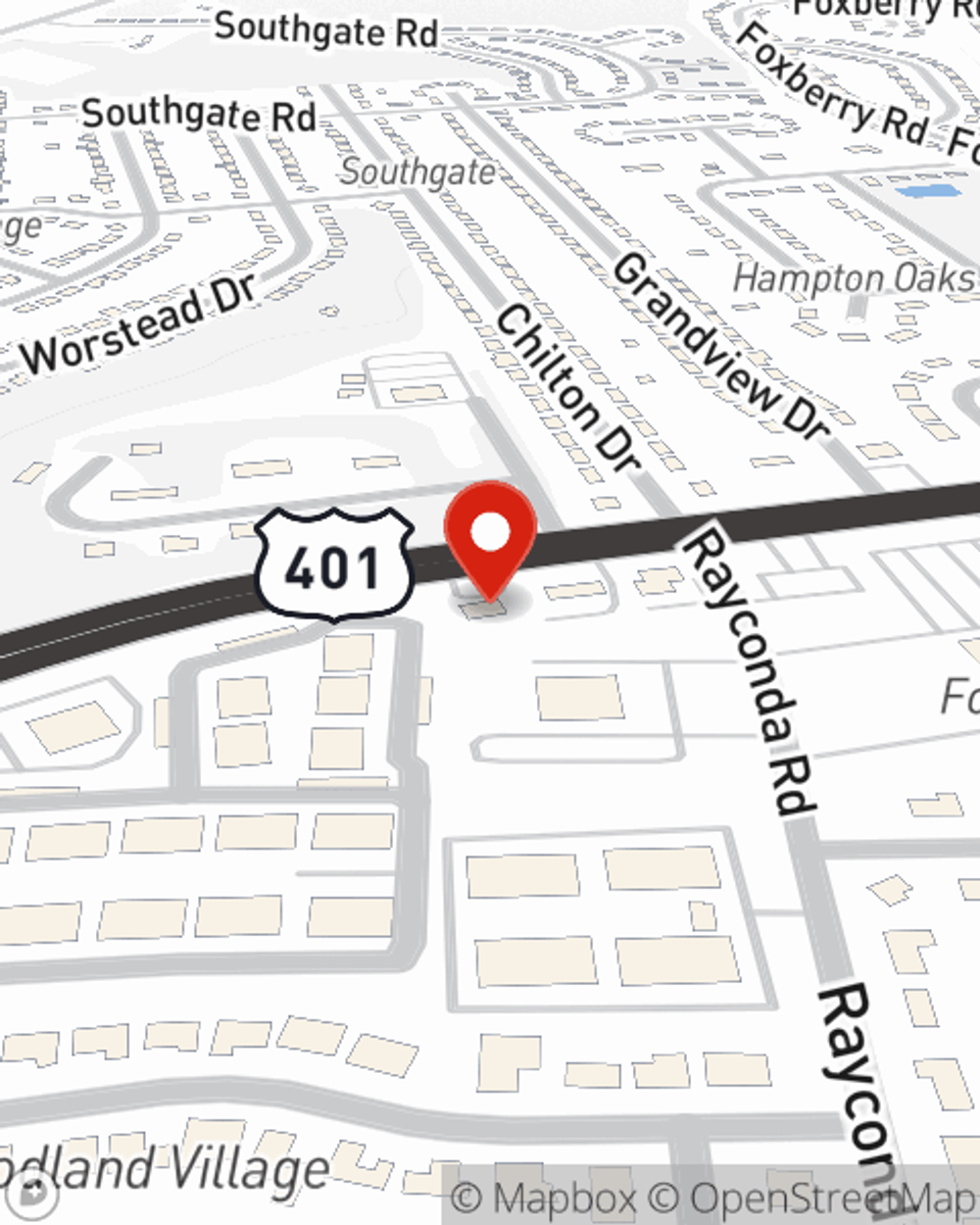Renters Insurance in and around Fayetteville
Get renters insurance in Fayetteville
Coverage for what's yours, in your rented home

Would you like to create a personalized renters quote?
There’s No Place Like Home
There are plenty of choices for renters insurance in Fayetteville. Sorting through coverage options and deductibles to pick the right one is a lot to deal with. But if you want reasonably priced renters insurance, choose State Farm for covering all of your belongings and personal items. Your friends and neighbors enjoy impressive value and hassle-free service by working with State Farm Agent Ann McLeod. That’s because Ann McLeod can walk you through the whole insurance process, step by step, to help ensure you have coverage for everything you own inside your rental, including furnishings, furniture, appliances, home gadgets, and more! Renters coverage like this is what sets State Farm apart from the rest. Agent Ann McLeod can be there to help whenever the unexpected happens, to get you back in your routine. State Farm provides you with insurance protection and is here to help!
Get renters insurance in Fayetteville
Coverage for what's yours, in your rented home

Agent Ann Mcleod, At Your Service
Renters often raise the question: Could renters insurance help you? Just pause to consider what it would cost to replace your stuff, or even just one high-cost item. With a State Farm renters policy in your pocket, you don't have to be afraid of abrupt water damage from a ruptured pipe. But that's not all renters insurance can do for you. It extends beyond your rental space, covering personal items you've stored in a storage closet, on your deck, or inside your car. Renters insurance can even cover your identity. As more of your life is online, it’s important to keep your personal information safe. That's where coverage from State Farm makes a difference. State Farm agent Ann McLeod can help you add identity theft coverage with monitoring alerts and providing support.
State Farm is a reliable provider of renters insurance in your neighborhood, Fayetteville. Contact agent Ann McLeod today for help understanding your options!
Have More Questions About Renters Insurance?
Call Ann at (910) 864-5332 or visit our FAQ page.
Simple Insights®
How do I know how much renters insurance to buy?

How do I know how much renters insurance to buy?
For renters insurance, finding the right balance means choosing accurate, appropriate limits for your personal property and liability coverage.
How to get rid of bed bugs

How to get rid of bed bugs
Learn about potential ways to spot bed bugs and what you can do to get rid of them before they spread throughout your home.
Simple Insights®
How do I know how much renters insurance to buy?

How do I know how much renters insurance to buy?
For renters insurance, finding the right balance means choosing accurate, appropriate limits for your personal property and liability coverage.
How to get rid of bed bugs

How to get rid of bed bugs
Learn about potential ways to spot bed bugs and what you can do to get rid of them before they spread throughout your home.
